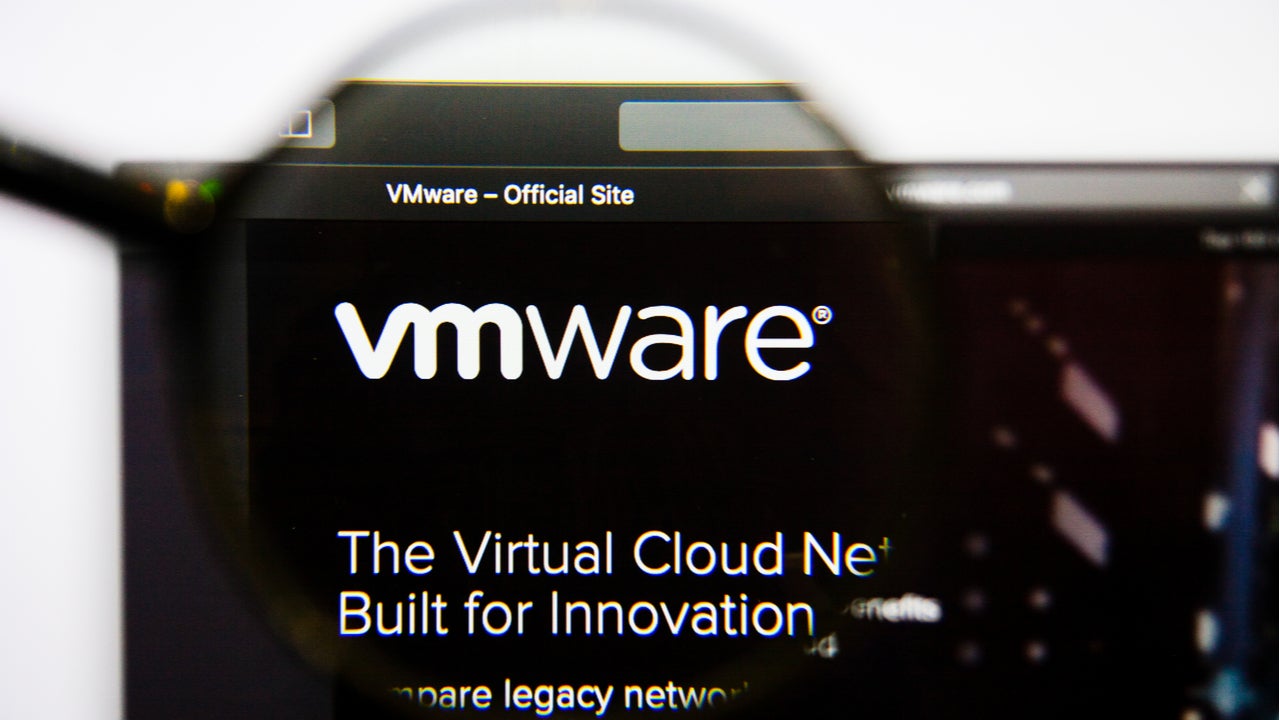At its recent annual conference, IT infrastructure vendor, VMware, reaffirmed its commitment to a multi-cloud future – one where the majority of enterprises will store, run, and manage their digital data, services and applications across multiple locations, including traditional data centres and one or more public cloud data centres.
To usher-in this multi-cloud future, VMware has been busy forging partnerships with the world’s largest cloud service providers – including US-based tech giants, Amazon Web Services, Microsoft Azure and Google Cloud, and China’s Alibaba Cloud. These partnerships have a spawned a series of hybrid cloud offerings, which allow customers to maintain and manage data and other workloads within their own data centres, and within leading cloud service provider facilities.
However, at VMworld 2021, VMware announced a new strategy, one which could see some enterprises decrease their reliance on the global cloud service providers, and increasingly shift towards a more decentralized approach to storing data and applications. VMware’s new Sovereign Cloud Initiative aims to help customers engage with trusted national and local cloud service providers, which meet geo-specific requirements relating to data sovereignty and jurisdictional control; data access and integrity; data security and compliance; data independence and mobility; and data analytics and innovation.
VMware emphasises sovereignty
VMware’s commitment to sovereign clouds is partly a response to initiatives such as GAIA-X, which was initiated by France and Germany in late 2019 and aims to establish a next-generation data infrastructure for European cloud service customers. The emphasis on sovereignty addresses concerns about potential abuses of data privacy, and concerns that cloud computing and data storage services will be dominated by a handful of providers based in foreign jurisdictions.
But the importance in data sovereignty goes beyond basic concerns about data privacy and hyperscale cloud monopolies. It is also closely tied to a growing commitment among enterprises to Environmental, Social and Governance (ESG) goals. Enterprise ESG goals are partly determined by the laws, regulations and standards of the political jurisdiction in which enterprises are based or operate. Increasingly, locally based sovereign cloud providers are seen as having an advantage over large international cloud providers because of their familiarity with local laws and standards. Many of them are also potentially better placed to hire in-country resources, and to give back to local communities.
Partners announced
VMware has announced its first Sovereign Cloud designated partners, which include European cloud service providers such as UKCloud, OVHcloud, and Telefonica, as well as partners in Canada, Australia and New Zealand. VMware Sovereign Cloud partners deliver Cloud Verified services and utilize architecture built on VMware Validated Designs (VVD) for Cloud Providers.
How well do you really know your competitors?
Access the most comprehensive Company Profiles on the market, powered by GlobalData. Save hours of research. Gain competitive edge.

Thank you!
Your download email will arrive shortly
Not ready to buy yet? Download a free sample
We are confident about the unique quality of our Company Profiles. However, we want you to make the most beneficial decision for your business, so we offer a free sample that you can download by submitting the below form
By GlobalDataThis is meant to ensure they can design, architect and secure compliant clouds faster and efficiently. VMware Sovereign Cloud partners must also commit to a framework of self-guiding principles, best practices, and technical architecture requirements to deliver cloud services that adhere to the data sovereignty requirements of the specific jurisdiction in which they operate.
Telecoms network operators stand to benefit from the growing interest in sovereign clouds. Notable GAIA-X members including Deutsche Telekom, Orange, TIM, Proximus and Telekom Austria and, in time, it is possible that some of these companies could also join VMware’s Sovereign Cloud Initiative.









Related Company Profiles
Deutsche Telekom AG
VMware Inc
Telefonica SA
Telekom Austria AG
Amazon Web Services Inc